Description
The current Bilevel design, although largely originating in Europe, found its ways to North American rails in the 1970s and has since been put to use by dozens of commuter agencies all across Canada and the United States. Originally designed by Hawker Siddeley Canada, the cars have been manufactured over the years by Hawker Siddeley, Urban Transportation Development Corporation (UTDC), SNC-Lavalin, and today, Bombardier. The cars have always been built at the original Canadian Car & Foundry (CanCar) factory in Thunder Bay, Ontario.
The Bilevel Commuter Car was originally designed in the mid-1970s at the request of the Government of Ontario (Canada) to develop a higher-capacity solution for their GO Transit commuter trains in the Greater Toronto Area. The commuter trains had grown to 10-car single-level trains during peak times and it was felt that the ideal solution was to increase the height rather than length of the trains. Designed by Hawker Siddeley Canada and Dofasco with input from GO Transit, the first coach models entered service in 1976, while the first cab cars entered service in 1983.
In 1989, the first Bilevel cars were introduced to the United States by Tri-Rail in the Miami area. In 1992, Metrolink in the Los Angeles area introduced the design to the West Coast. This spurred further orders in California including Coaster of San Diego, and Altamont Commuter Express (now Altamont Corridor Express) of San Jose. By the 2000s, more agencies across North America began using the Bilevel Commuter Cars for start-up commuter operations, such as Sounder in Seattle, FrontRunner in Salt Lake City, RailRunner in Albuquerque and West Coast Express in Vancouver, just to name a few. As of late 2020, 14 agencies across North America operate fleets totaling almost 1500 Bilevel Commuter Cars.
The Rapido model aims to finally bring museum-quality details, improved operations and prototypical accuracy to this long loved and under-appreciated mode of (commuter) transportation.
Model Features:
- Accurate body shell designs with or without rivet details
- Five windows or four windows on the lower level, as appropriate
- Free-rolling, highly-detailed inside-bearing trucks with roller-bearing axles and metal wheelsets
- Minimum 22” radius curves
- Full underbody and unrivaled interior detail
- Accurate painting and lettering, both inside and out.
- Tinted windows
- Metal side grab irons
- Constant interior lighting in DC and DCC
- Controllable cab car lighting in both DC and DCC

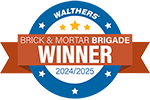
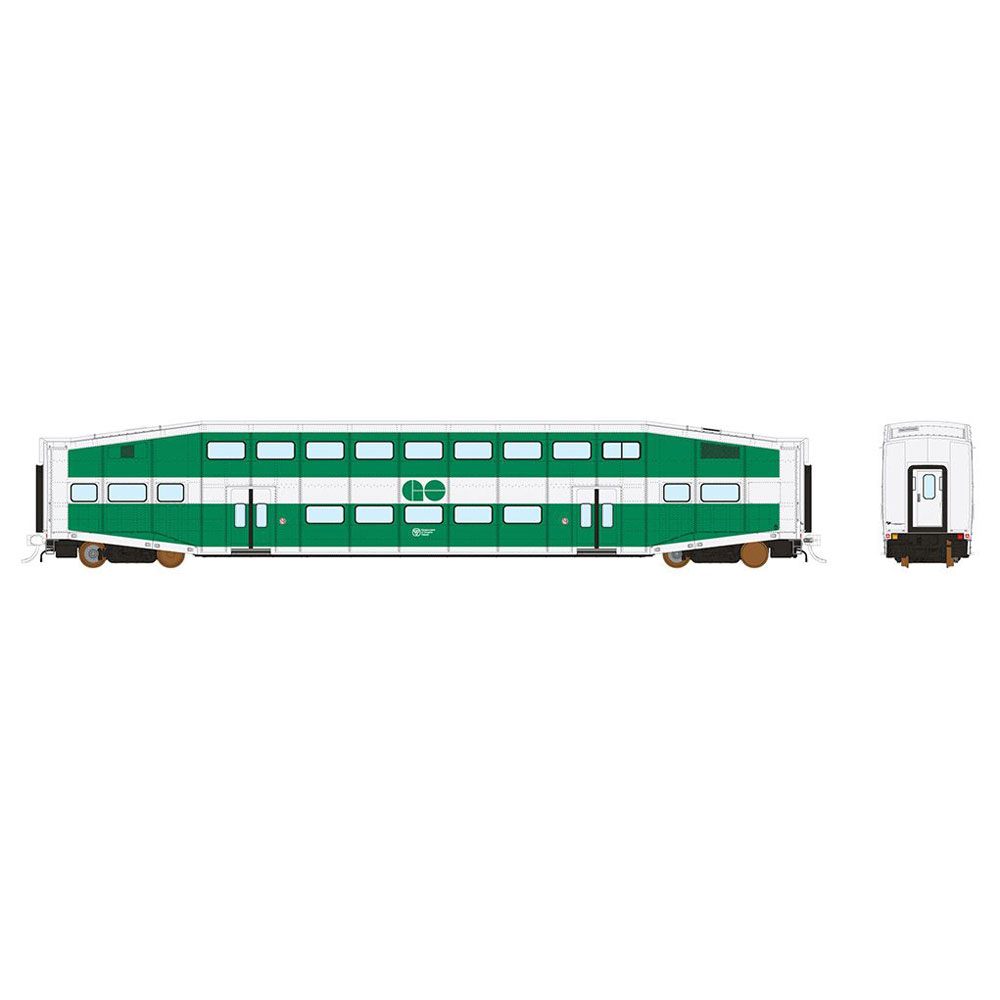
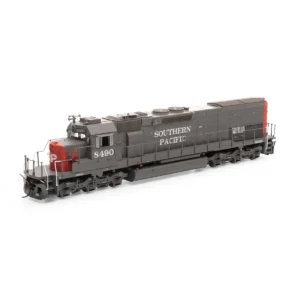
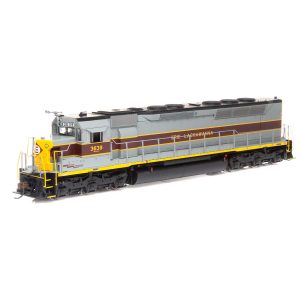
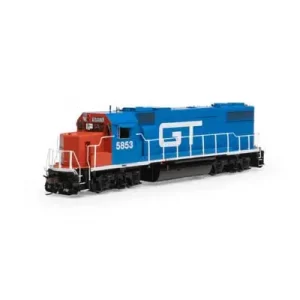
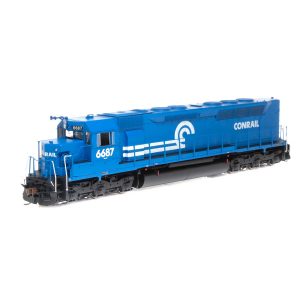
Reviews
There are no reviews yet.